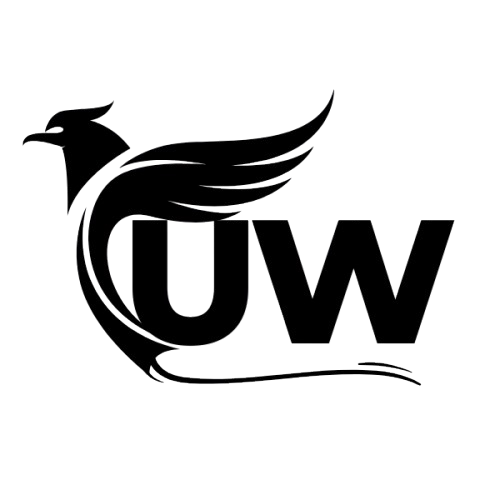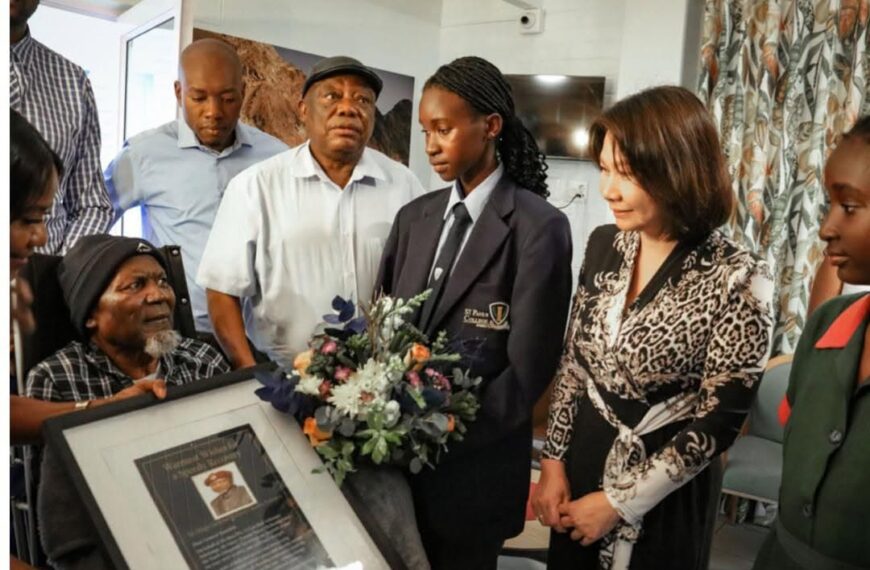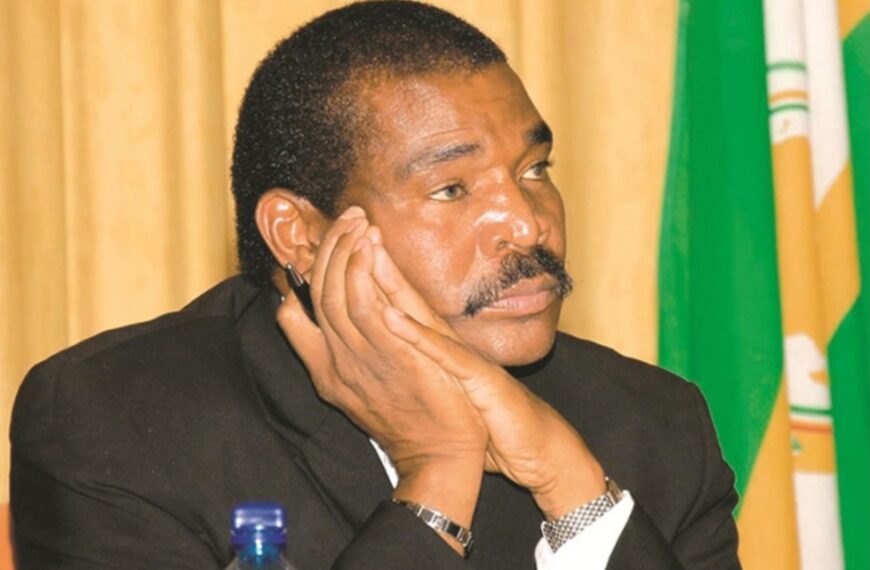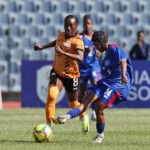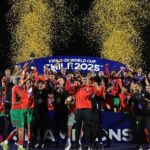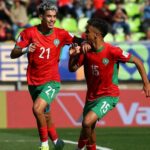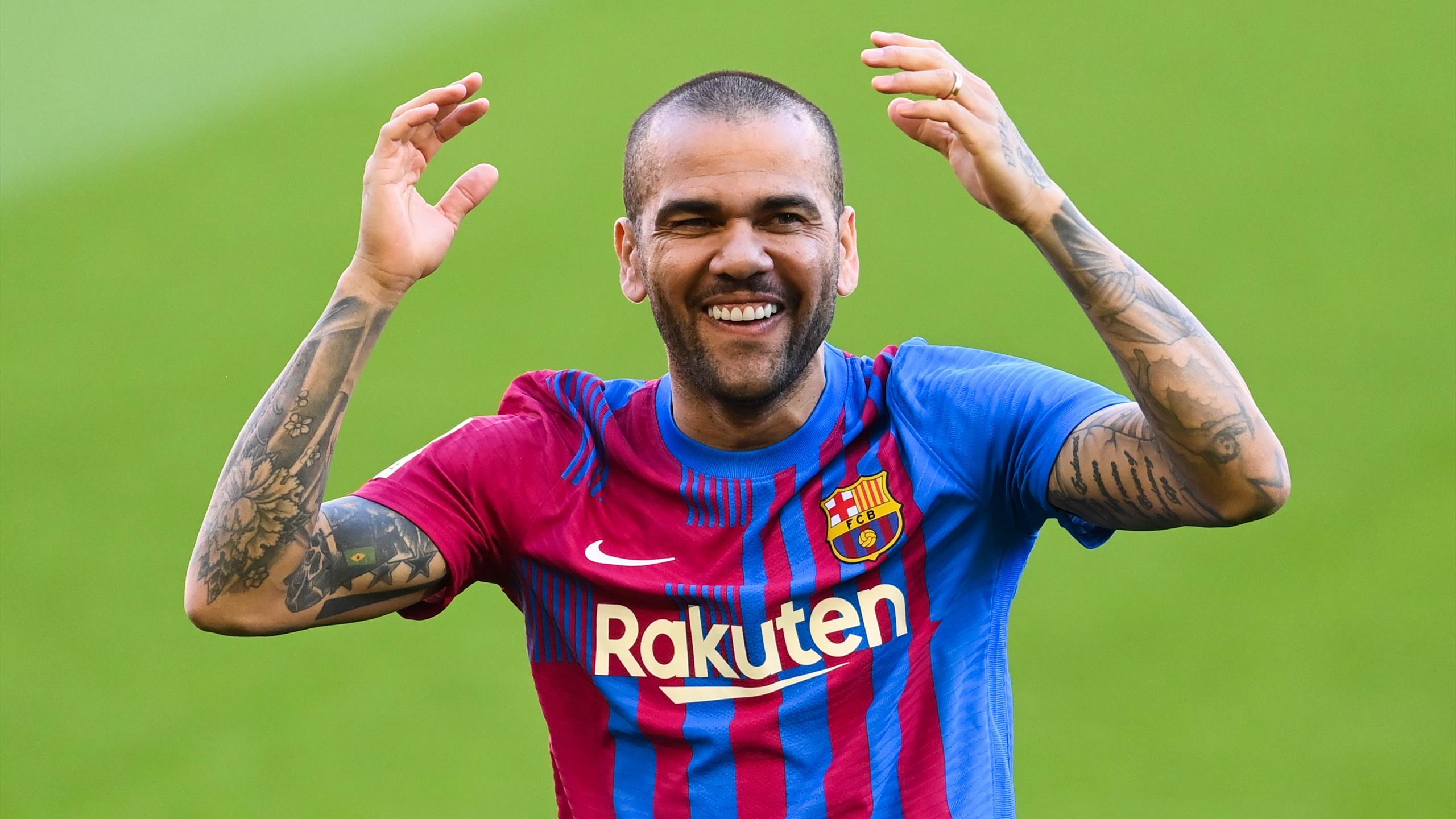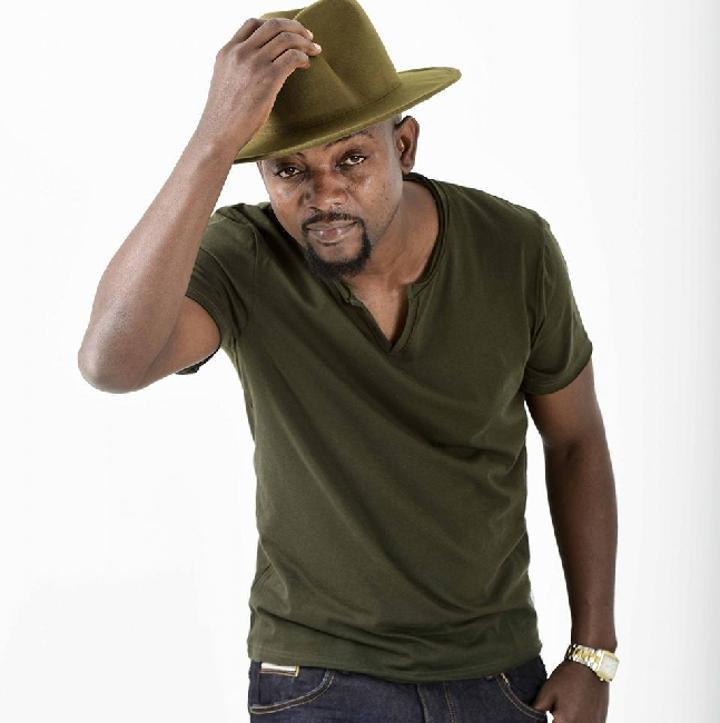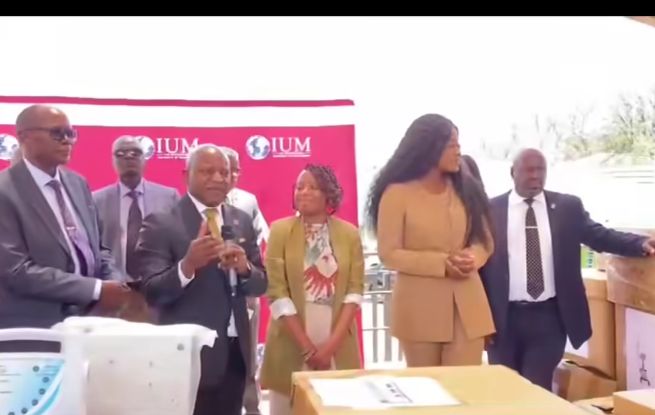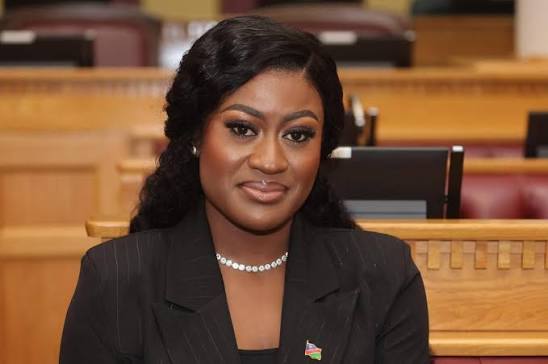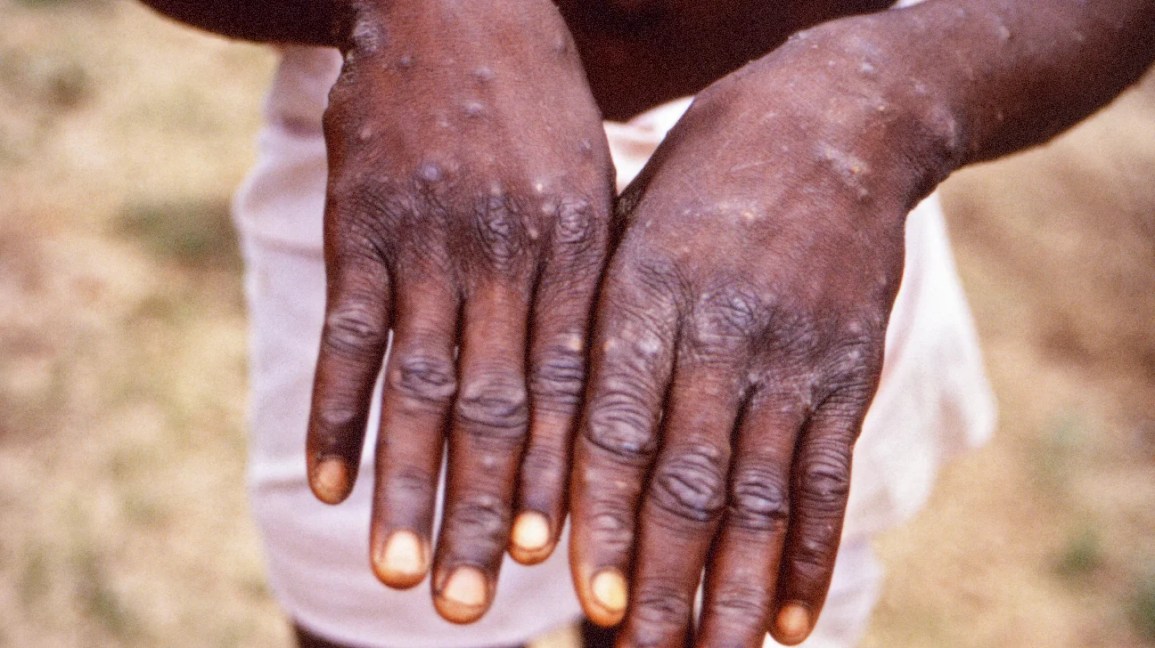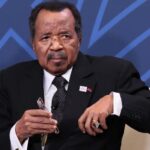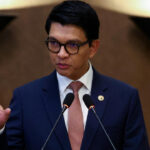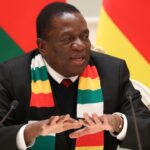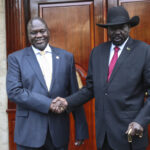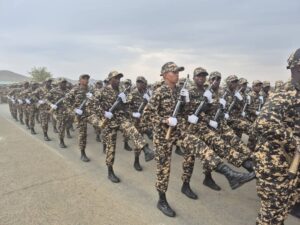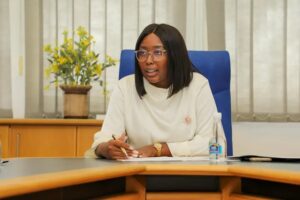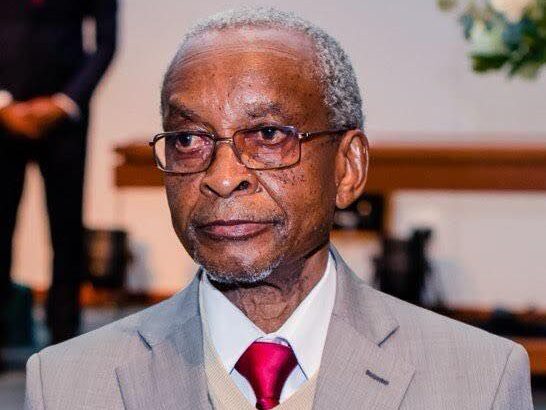
Namibia is mourning the passing of one of its iconic liberation struggle veterans, Onesmus Shikongo Akwenye, who died at the age of 86 in a Windhoek hospital on Friday. Akwenye was not only a revered freedom fighter but also a respected educator, accomplished sportsman, and lifelong public servant whose contributions spanned several decades.
Born in the late 1930s, Onesmus Akwenye’s early life was shaped by the injustices of apartheid, which ultimately ignited his passion for education, civil rights, and national freedom. His journey began as a teacher at the Rhenish Herero School in Windhoek, where he not only educated young minds but also uplifted communities with his commitment to sports and youth development.
During the 1960s, Akwenye rose to prominence as the captain of the Tigers Football Club, one of Namibia’s most historic and culturally significant football teams. His leadership on and off the pitch inspired a generation of young athletes and cemented his status as a local sporting icon.
In 1964, with apartheid’s grip tightening across Southern Africa, Akwenye made the life-altering decision to go into exile. He joined the South West Africa People’s Organization (SWAPO), the liberation movement that would go on to lead Namibia to independence in 1990. While in exile, he played key roles in mobilizing international support for the Namibian cause, educating fellow exiles, and helping coordinate activities within SWAPO camps.
Throughout the 1970s and 1980s, Akwenye’s unwavering dedication to the struggle made him a respected figure both at home and abroad. His contributions to the liberation movement extended beyond military resistance, he was deeply involved in educational initiatives, diplomatic missions, and cultural preservation efforts.
Following Namibia’s independence in 1990, Akwenye returned home and transitioned into public service, where he continued to advocate for education, youth empowerment, and sports development. He worked in various government departments, always emphasizing nation-building, inclusivity, and unity.
In recognition of his lifelong dedication, Akwenye received multiple national honors, including the Omugulugwombashe Medal for Bravery, and was often invited to speak at schools, independence day celebrations, and national sports events. His legacy as both a liberation icon and community role model will continue to resonate with generations to come.
National Reactions
Namibians from all walks of life have taken to social media to express their condolences and share memories of Akwenye.

